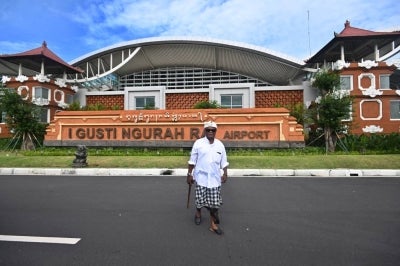Humanitarian crisis escalates in Gaza amid intense bombardment, says UN

UNITED NATIONS - The United Nations said on Wednesday that Gaza Strip continues to suffer from intense bombardment, which resulted in significant casualties and the destruction of vital civilian infrastructure.
Stephane Dujarric, the spokesperson for UN Secretary-General Antonio Guterres, highlighted at the regular briefing the growing concerns of humanitarian partners regarding access restrictions, particularly in areas north of Wadi Gaza.
"Humanitarian partners are increasingly warning of a potential collapse of health services in Deir al Balah and Khan Younis," he stated. The intensifying hostilities in these regions are causing a spike in casualties, insecurity, and significant barriers to aid delivery.
The situation has led to a dire shortage of medical resources. "As of yesterday, just one-fifth of the 5,000 beds needed to meet trauma and emergency needs in Gaza are available," Dujarric said.
Moreover, he added that "out of 77 primary health centers, more than three-quarters are not functioning," leaving many without basic health services.
The crisis is also impacting those with chronic and mental health illnesses. "Some 350,000 people with chronic illnesses and about 485,000 people with mental health disorders continue to experience disruptions in their treatments in Gaza," Dujarric expressed with concern.
The conflict has internally displaced approximately 1.9 million individuals, who now face high risks of communicable diseases due to poor living conditions, overcrowding in shelters, and lack of access to water, sanitation, and hygiene facilities. Dujarric mentioned the efforts of humanitarian partners to scale up sanitation services in Rafah and Khan Younis.
He noted that "aid organizations continue to face major operational challenges, including material shortages and logistical difficulties." The severe conditions have also affected water supply. "The combination of water trucking, desalinated water, and the restoration of one of three main water supply lines has yielded just 7 percent of water production in Gaza, compared with the supply before Oct. 7," Dujarric said, underscoring the grim reality of the humanitarian crisis in Gaza. - AFP
Download Sinar Daily application.Click Here!














